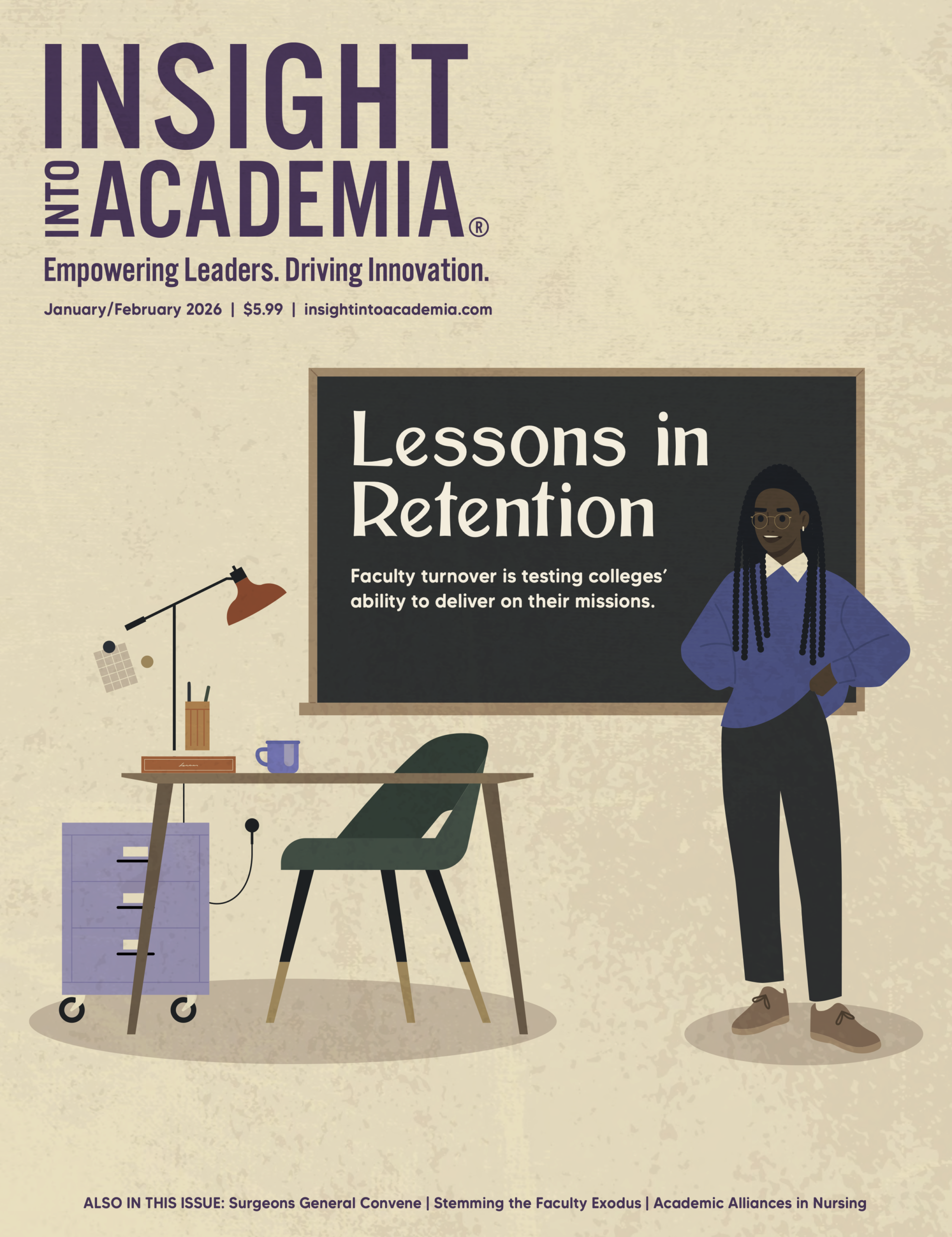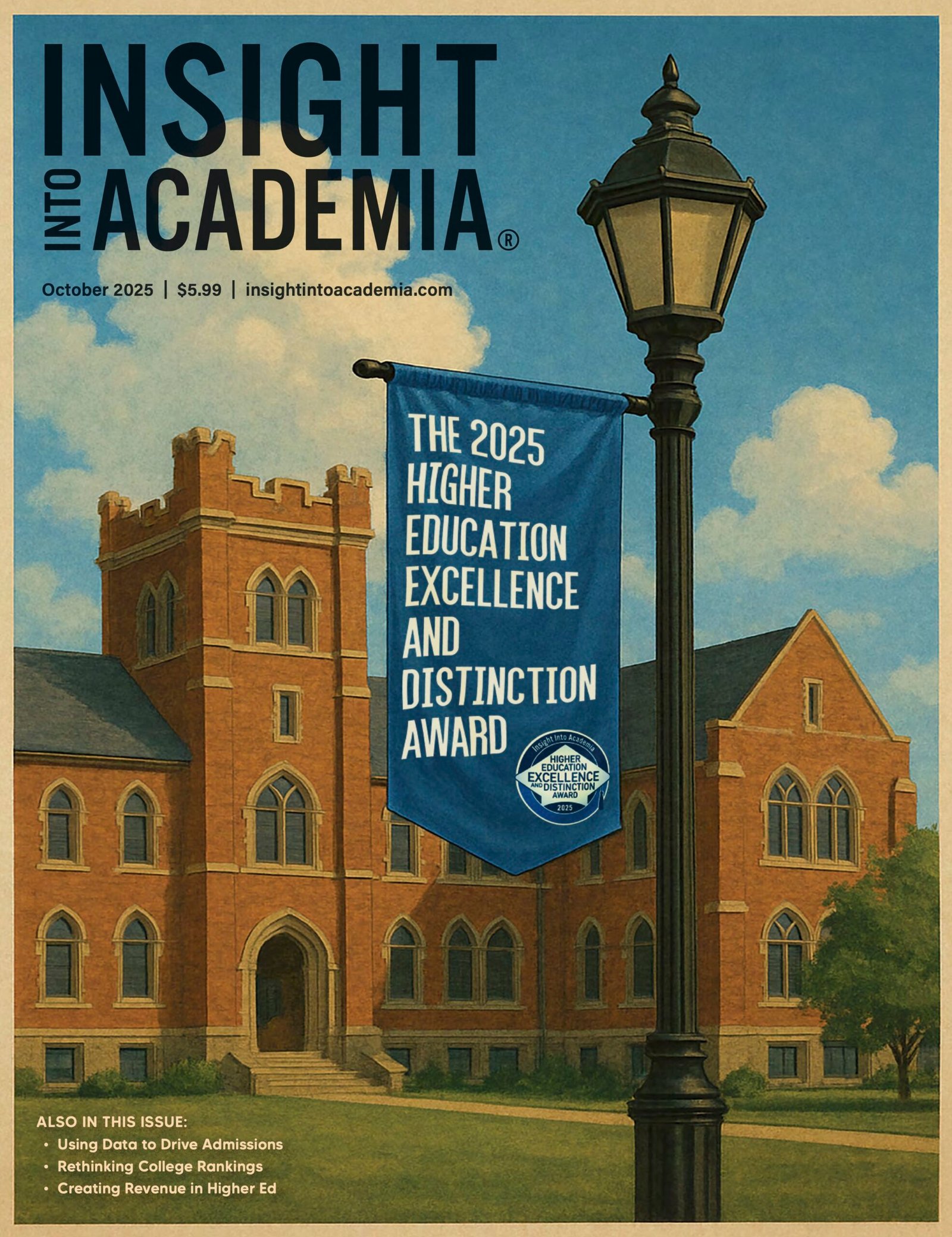DEI (diversity, equity, and inclusion) has become a lightning rod for criticism from conservative lawmakers and legal groups, even as these efforts in business and higher education result in healthier bottom lines and a more competitive workforce.
The inherent, moral value of DEI is clear to many in higher education and, increasingly, the business world. Work in this space creates opportunities for historically marginalized and underrepresented people while improving social and economic mobility on an individual and community level. On top of that, research shows that diversity initiatives can lead to a healthier national economy and make individual businesses or industries more profitable.
Numerous economists and business consulting groups have found that diversity in the workforce — which is directly impacted by the demographic makeup of college graduates — makes companies more attractive and competitive to consumers, clients, investors, and potential employees. DEI efforts create a larger and more capable workforce, which leads to a surge in revenue generated in the economy and improved financial stability for individuals and families.
“Racial and ethnic diversity comes with a host of benefits at all levels of education and in the workforce — greater productivity, innovation, and cultural competency, to name a few,” the American Council on Education stated in “Race and Ethnicity in Higher Education: A Status Report.” “Moreover, the current and future health of our nation — economic and otherwise — requires that the whole of our population have equitable access to sources of opportunity. Chief among such sources of opportunity is higher education.”
By targeting DEI programs, conservatives are actively hampering a significant source of potential economic growth, leaving a massive amount of money on the table, at both state and national levels. Now, as colleges and universities are no longer able to practice race-conscious admissions, experts agree that corporate diversity may suffer as a result.
“While the benefits of diversity are real and tangible — and corporate DEI programs seek to maximize those benefits — [we] do not recruit applicants in a vacuum,” reads an amicus brief supporting race-conscious college admissions, signed by nearly 80 major corporations including Apple, Mastercard, and Salesforce. “To succeed, these DEI efforts depend on university admissions programs that lead to graduates educated in racially and ethnically diverse environments. Only in this way can America produce a pipeline of highly qualified future workers and business leaders prepared to meet the needs of the modern economy and workforce.”
Analyses of race-based wage and labor market data by the Brookings Institution — a social sciences research and education think tank — show that a closure in economic gaps between Black, Hispanic, and White populations would have boosted the country’s GDP (gross domestic product) by $22.9 trillion between 1990 and 2019.
For each year this wage and employment gap remains, the U.S. loses out on an estimated $1 trillion in revenue, in tandem with the continued growth of racial  diversity in the country, according to a 2021 Brookings research paper entitled “The Economic Gains From Equity.”
diversity in the country, according to a 2021 Brookings research paper entitled “The Economic Gains From Equity.”
“The persistence of systemic disparities is costly, and eliminating them has the potential to produce large economic gains,” the authors of the study wrote. “The opportunity to participate in the economy and to succeed based on ability and effort is at the foundation of our nation and our economy. Unfortunately, structural barriers have persistently disrupted this narrative for many Americans, leaving the talents of millions of people underutilized or on the sidelines. The result is lower prosperity, not just for those [directly] affected, but for everyone.”
Key factors in addressing these disparities, the researchers state, are through increasing education access and attainment for racially marginalized groups. These are core principles of DEI work in higher education. Without concerted efforts to improve these measures, experts agree that equity gaps will persist and the economy will suffer.
In addition to economists and academics, investors and shareholders also recognize the importance of diversity to long-term business success.
Companies that prioritize these initiatives stand to benefit from enhanced productivity, innovation, and shareholder value, according to the Human Capital Management Coalition (HCMC) — a group of institutional investors with more than $9 trillion in assets. In fact,
 HCMC considers diversity data one of its four foundational disclosures when assessing the value and investability of a company.
HCMC considers diversity data one of its four foundational disclosures when assessing the value and investability of a company.
Greater racial and gender diversity, particularly among corporate leadership, leads to greater profits. Companies in the top quartile of gender and ethnic diversity on executive teams outperformed those in the bottom quartile by 25% and 36%, respectively, based on profitability, according to McKinsey & Company, a global management consulting firm.
Higher education institutions face political and legal challenges regarding their DEI work, but as a key source of opportunity and social mobility, these initiatives remain critical in supporting the economic future of the country, says Peter Blair Henry, PhD, economist and former dean at New York University’s Leonard N. Stern School of Business.
“Diversity of perspective is not just a nice thing for companies. It is a critical competitive consideration in the business world,” he said. “Building a diverse classroom experience is how to turn out the most informed critical thinkers. Classroom diversity is crucial to producing employable, productive, value-adding citizens in business.”















